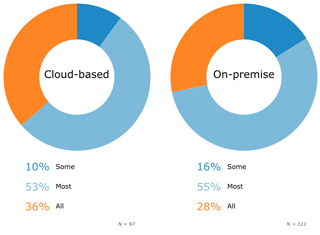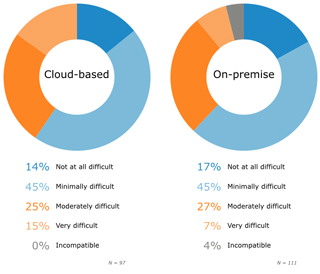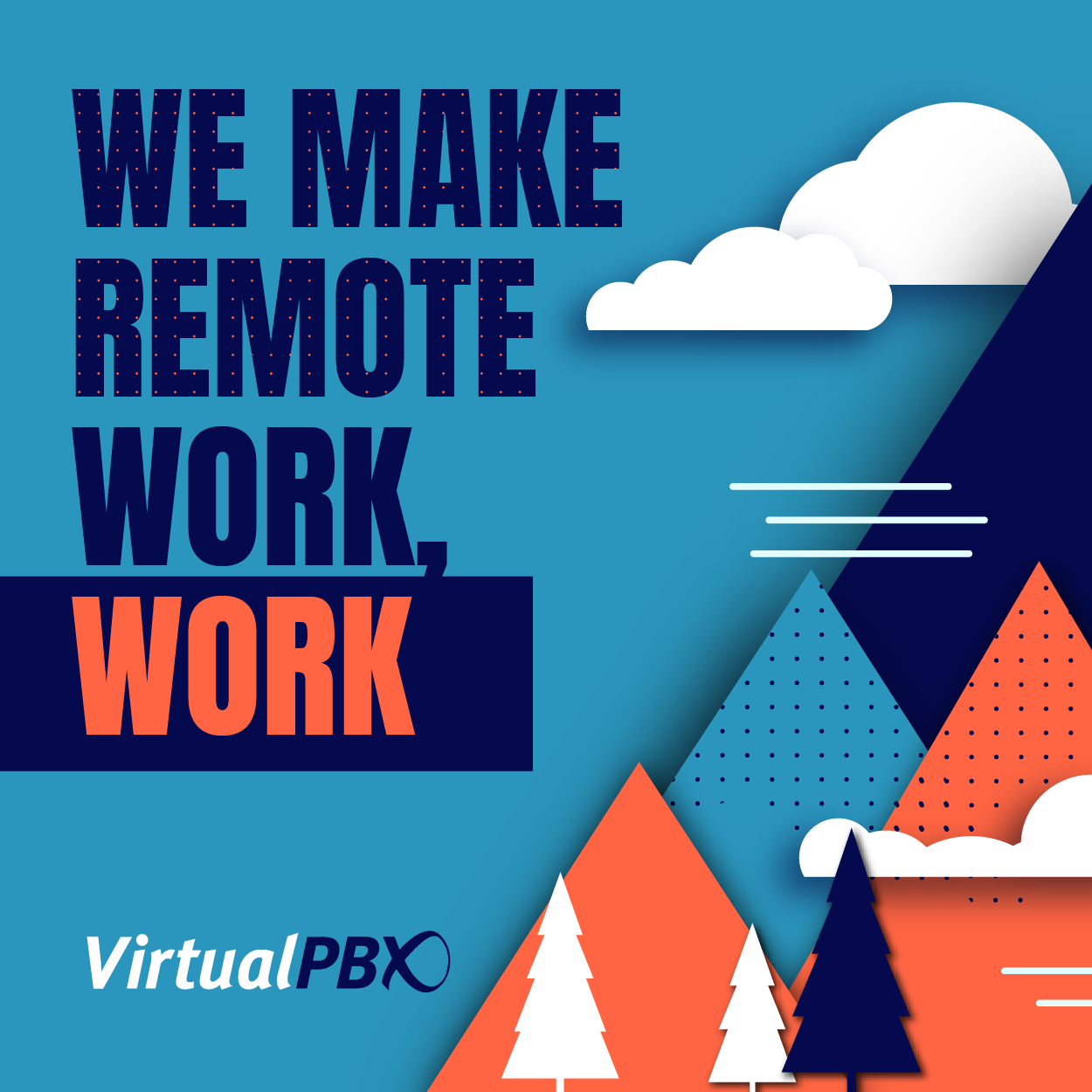 The folks at Software Advice, the free online reviews tool for software buyers, have released the second part of their SIP Trunking Provider and Implementation User Research Report, and we’re pleased to see the results. Software Advice takes complex IT and software issues and distills them for non-technical users to make simplified software decisions. In this two-part research project, they studied the usage, effectiveness, and satisfaction of hundreds of network telephony experts and found conclusive evidence that SIP trunking was a supreme advantage for SMB’s looking for cost-effective ways to maintain a secure, high-quality business phone service. In the second part of their research on the topic, Software Advice Analyst, Daniel Harris unearths more findings in support of a hosted PBX phone service for business.
The folks at Software Advice, the free online reviews tool for software buyers, have released the second part of their SIP Trunking Provider and Implementation User Research Report, and we’re pleased to see the results. Software Advice takes complex IT and software issues and distills them for non-technical users to make simplified software decisions. In this two-part research project, they studied the usage, effectiveness, and satisfaction of hundreds of network telephony experts and found conclusive evidence that SIP trunking was a supreme advantage for SMB’s looking for cost-effective ways to maintain a secure, high-quality business phone service. In the second part of their research on the topic, Software Advice Analyst, Daniel Harris unearths more findings in support of a hosted PBX phone service for business.
Unrivaled Functionality
 One very compelling finding of the report is that users of cloud-based PBX systems were nearly 29% more likely to have all of their desired features supported by their phone service than were their on-premesis PBX colleagues. This conclusion is emblematic of one of the most convincing reasons to switch to a hosted telephone service. Features included or added onto an on-site PBX system – from introductory to the most robust – can be prohibitively expensive. However, those same features and more can be included with most any level of cloud-based PBX service.
One very compelling finding of the report is that users of cloud-based PBX systems were nearly 29% more likely to have all of their desired features supported by their phone service than were their on-premesis PBX colleagues. This conclusion is emblematic of one of the most convincing reasons to switch to a hosted telephone service. Features included or added onto an on-site PBX system – from introductory to the most robust – can be prohibitively expensive. However, those same features and more can be included with most any level of cloud-based PBX service.
By being hosted in the cloud, virtual phone systems aren’t hindered by the same limitations of their physical, on-site counterparts. This means that for any added feature or modification to an existing one, neither specially trained technicians nor unique and expensive equipment is required. By simply reconfiguring the cloud-based system from an online management portal, a sophisticated VoIP provider allows users to be masters of their own phone options, without any special training.
Friendlier User-Friendliness
Considering the high technical fluency of the audience in the Software Advice report, configuration challenges shouldn’t be something that were often encountered in implementing new PBX systems of any variety. However, even though the lack of special training wasn’t a concern with this sample group, there persisted to be challenges for configuring the on-premises PBX with SIP trunking.
 The compatibility of physical devices is one reason the expert IT world struggles with on-site PBX systems. PBX hardware is not unlike mobile phones that require a specific type of charging cable or TVs or monitors that require certain AV connections. These types of incompatibilities are much more challenging to overcome than simply finding a converter, though.
The compatibility of physical devices is one reason the expert IT world struggles with on-site PBX systems. PBX hardware is not unlike mobile phones that require a specific type of charging cable or TVs or monitors that require certain AV connections. These types of incompatibilities are much more challenging to overcome than simply finding a converter, though.
“When it comes to configuration, our respondents have more difficulty configuring on-premise systems than cloud systems, most likely because of the proprietary hardware involved in this setup,” said Daniel Harris of Software Advice. Where physical configuration can eventually be overcome with costly work-arounds, there are still issues with making the on-premise hardware recognize SIP trunking software. Unlike the malleability of codes, hardware can’t be as easily updated to accommodate new third-party applications.
“With on-premise systems, however, the SIP trunking provider has to ensure that its service can support proprietary PBX software and hardware from a third-party vendor,” Harris added.
Secure From Every Angle
More often than not, we are assailed with new reasons to be concerned for our data security. While not typically the first place we expect intruders to try and illegally access information, securing business phone lines is especially important. This is another reason why IT pros were keen to report more robust security on their cloud-based PBX over an on-premise option. One of the more popular ways to secure SIP trunking transmissions is Transport Layer Security (TLS), a method often used to secure payment information online. Idealized for securing the transfer of data packets that VoIP conversations are converted into, TLS encrypts the SIP requests between clients and servers, or in this case, businesses using cloud PBX systems and their SIP trunking providers. The heartiness of this method is ideal not only for the protection of financial information online, but for the prevention of DoS (Denial of Service) attacks like have been perpetrated against banks and the US government.
The Verdict
Past research has already shown that SIP trunking offers meaningful cost savings for small and medium businesses, but this new study suggests those savings go even further. By not tying up the limited bandwidth of a company’s tech team with cumbersome, troublesome, and unsecured telephone connections, an SMB can free itself up to focus on the jobs they want to do to grow. Also, added savings come from the prevention of crippling security failures that might be suffered absent the staunch defenses offered by a strong security configuration to any cloud-based PBX.
For more information on VoIP for business and for any questions you may have on how to configure a cloud-based telephone network that will bring these savings to your company, contact our award-winning business experts today.









